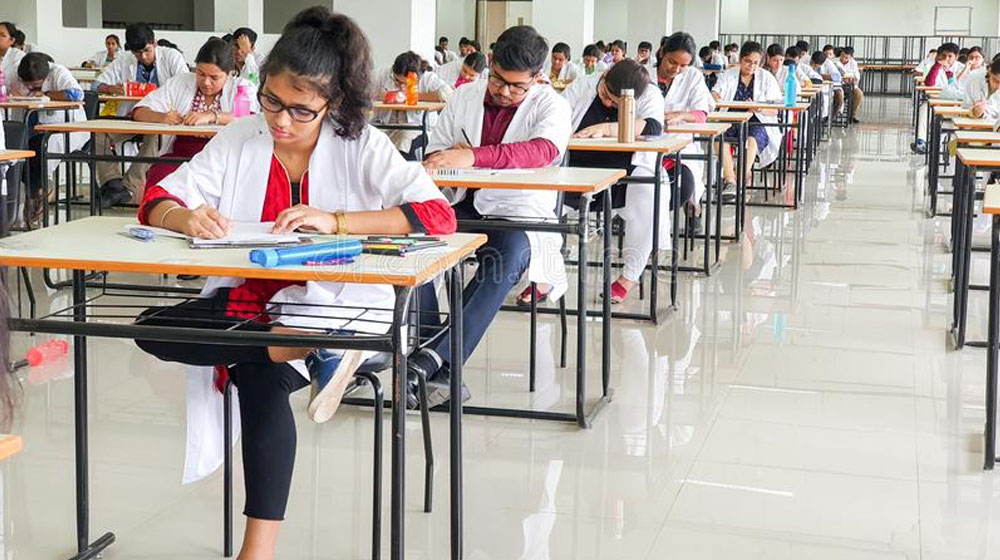Doctor. Murtaza Syed, the most senior Deputy Governor and previous official at the International Monetary Fund (IMF) is now the acting governor of the State Bank of Pakistan (SBP) effective the 5th of May, 2022.In the notice made in this regard the According to the notice. Syed has taken up the post as per the provisions of section 10(2) of the State Bank of Pakistan (SBP) Act 1956 (amended) and, as a result was appointed the Dr. Reza Baqir whose term was up on May 4.
Prior to this Syed was the Governor of the State Bank. Syed was appointed as the Deputy Governor of the SBP by the federal government on January 27, 2020 for a term of three years.
He holds earned a Ph.D. in Economics from Nuffield College at the University of Oxford and has more than 20 years of expertise in macroeconomic research and policymaking. He worked for the IMF for the last 16 years. In his time, he was involved in IMF programs and also the surveillance of emerging markets as well as advanced economies, such as those of the Euro Area, Japan, and Korea. In addition Syed was involved in the supervision of emerging markets and advanced economies, including Japan, Korea. Syed oversaw IMF training and technical assistance programs throughout the globe. He also been Rep of the IMF’s deputy for China between 2010 and 2014.
Also Read: Here is some details on the background of Governor State Bank of Pakistan Raza Baqir
The Dr. Murtaza Syed began his career in the latter half of the 1990s as a Senior Policy Analyst for the Islamicabad-based Human Development Center under the former Minister of Finance Dr. Mahbub ul Haq. Then, he was employed for the London-based public-policy think firm, Institute for Fiscal Studies (IFS) in which he carried out research on employment and business investment behaviors, as well as analyzed Latin American anti-poverty programs.
Apart from being a professor of public policy for the universities at Cambridge and Oxford Syed is also a professor at Oxford and Cambridge. Syed has also published research papers on various macroeconomic topics, including fiscal and the monetary policy and economic instability, financial stability and investment, as well as demographics poverty, inequality, and.

